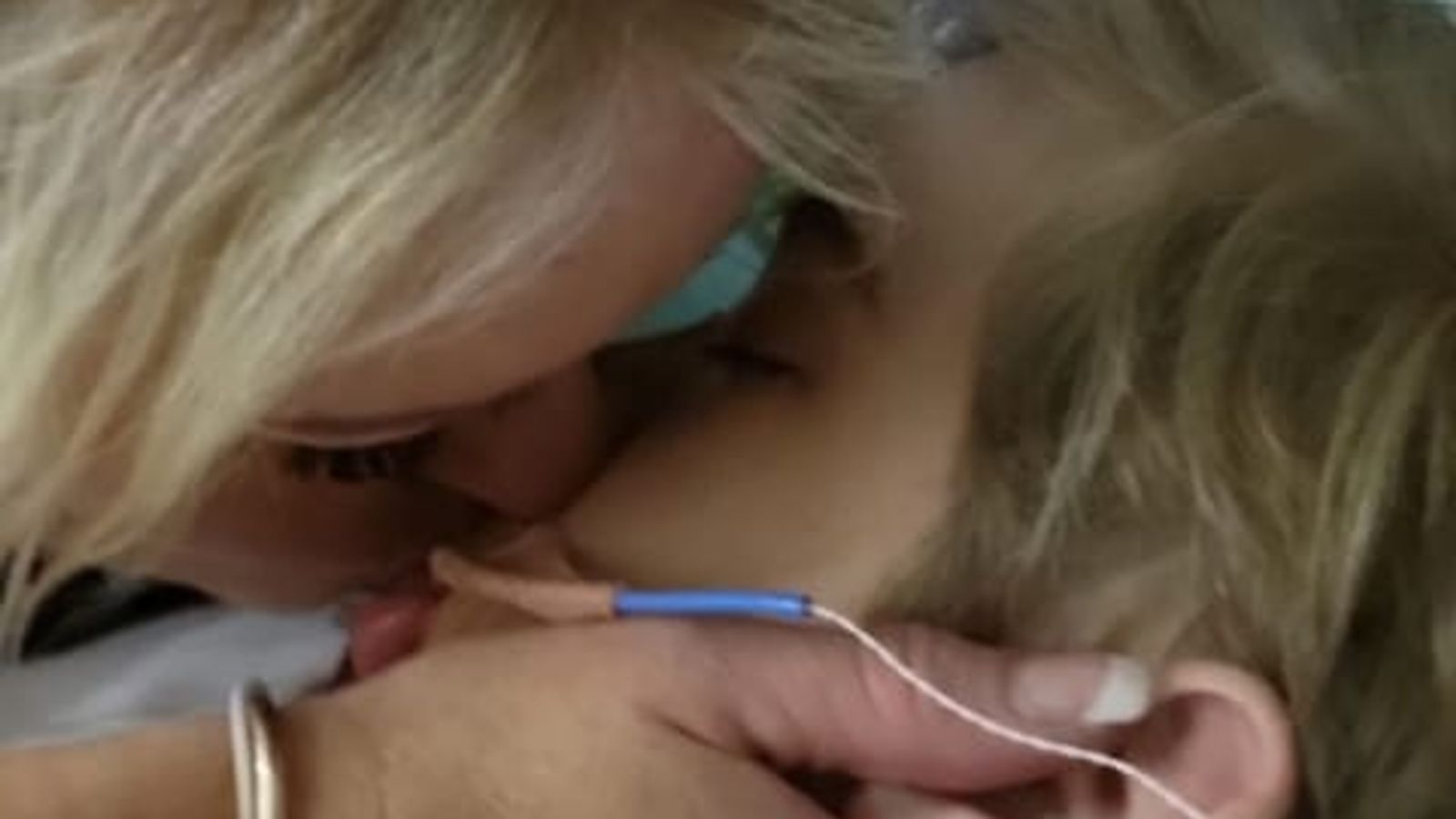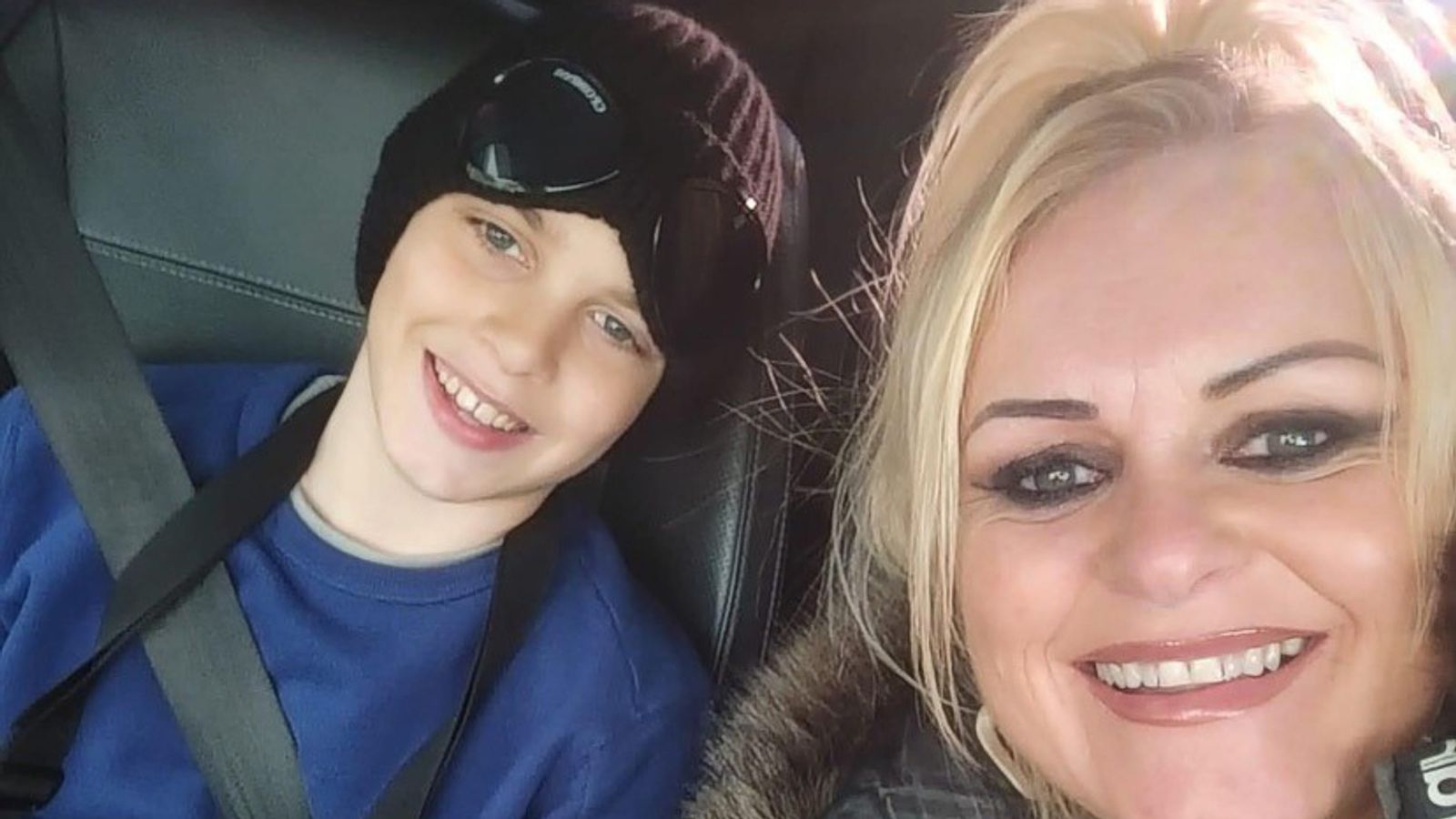It’s easy to see why Archie loved MMA. Fighting ran in his blood.
His mother, Hollie Dance had vowed to “fight until the bitter end,” and even the morning after losing her final legal bid to continue his life support treatment, she held her coffee cup tight and told me about the plans she has to keep going.
“I’m not the type to sit and cry,” she said. “I’ve always been on the move. Do you know I drive 40,000 miles a year for my kids?”
I don’t doubt her. Except for one day when I saw her in slippers, Hollie has always been in running shoes. Ready.
The single mother and former dancer worked seven days a week to make sure her children were fed and raised well.
“I had to pay their own father to babysit them,” she said. “I did everything I could to support them with their passions; Archie’s MMA, Lauren’s (Archie’s sister) passion for horses, Tom (brother) with his boxing.”
‘It’s too soon – people get longer for broken bones’
Our first encounter was in Court 44 at the start of High Court hearings in May.
The crowd of journalists outside were there for the ‘Wagatha Christie’ trial. Inside the family court’s press area that day, just two of us journalists listened to proceedings instigated by the Trust treating Archie after Hollie had challenged their decision to do a brain stem test on him.
Barts Health NHS Trust claimed Archie’s brain stem was dead and asked the court to grant them permission to carry out the test to prove it.
“It’s too soon,” Hollie told Sky News after the hearing. “Why can’t they give him a chance? People get longer for broken bones.”
She also didn’t shy away from approaching the very sensitive but serious matter of how Archie ended up in hospital.
Hollie found Archie at their home in Southend-on-Sea with a ligature around his neck. She believes he was taking part in a dangerous online challenge.
She ran for help. And in a moment that will surely haunt her forever, she cut him down and gave him mouth-to-mouth.
“I don’t think about that moment,” she later said. “But the other day I left the hospital briefly and it was the first time I wasn’t there or at the court and I started getting flashbacks. I felt sick.”
In court proceedings and media reporting, careful consideration is given to discussing details of that day. One thing that is clear is, since then, the mother’s attempts to save Archie’s life never stopped.
Medics argued Archie’s brain was decaying
Hollie has gone through many separate court proceedings. The hardest she says was the second High Court battle where, in the absence of a brain stem test (the legal criteria to determine death), doctors were arguing Archie is “most likely dead”.
“My other kids attended that day and the Trust’s barristers kept saying ‘he’s dead, he’s dead, Archie’s dead,’ over and over again. Seeing my kids’ faces and hearing that, when we know that he is alive, that was the hardest.”
The Trust had argued that parts of Archie’s brain were in necrosis – when cells are either dead or decaying. They said the damage was irreversible. Archie’s mother disagreed.
“He’s very much alive,” Hollie said. “My boy is in there. I’m just waiting for him to wake up. How can they sit there and use scans to say someone is dead? What next, they’ll be issuing death certificates based on your dental record?”
I had no answer. I had failed to find another case where a patient was declared dead on a balance of probabilities.
Her only victory
Hollie’s lawyers successfully argued that the criminal standard of proof (beyond reasonable doubt) should be applied when determining whether someone has died.
The Court of Appeal listened and sent the case back to the Family Division of the High Court for a best interest proceeding.
“It puzzled me because we were back in court with the same Trust and the same doctors who were putting their arguments for what they think is in Archie’s best interest having spent the previous week telling us, under oath, that he’s probably dead,” Hollie said.
The Court of Appeal decision was to be her last and only victory.
Please use Chrome browser for a more accessible video player
The next two weeks saw the Supreme Court uphold the decision by the High Court that withdrawing treatment would be in Archie’s best interests. That was followed by a United Nations intervention by way of imposing interim measures on the UK under its Convention on the Rights of Persons with Disabilities (UN CRPD).
The British government having first opted to stay out of the matter then intervened to inform the judiciary that the UN CRPD is not binding on UK courts. It later told Sky News the court’s decision was the right one.
A final attempt to get the European Court of Human Rights to help recognise Archie’s rights under the UN failed when Strasbourg also refused to intervene in matters of national courts.
Grit and vulnerability throughout every stage
At every stage, Hollie sat up through proceedings taking notes. On her way out of court, she would stop and talk to reporters – the media pack had grown to a hoard of cameras and journalists by the time this became an international affair.
Sometimes she seeks out the Sky News camera, other times it’s a voice note on WhatsApp: “If you’re not on air, do you want to meet for coffee?”
On Thursday she took a case to the High Court to have Archie moved to a hospice where he could receive palliative care. It came after the ECHR effectively shut down her fight to have his treatment continued.
Over the two and half months that I have covered Archie’s story, Hollie Dance has shown grit and vulnerability. She has laughed off vile comments from online trolls and instead directed her energy to learning medical lingo otherwise commonly heard in a Paediatric Intensive Care Unit.
She is off camera what we see on camera.
Over a hundred days by Archie’s bedside and determined to fight on.











